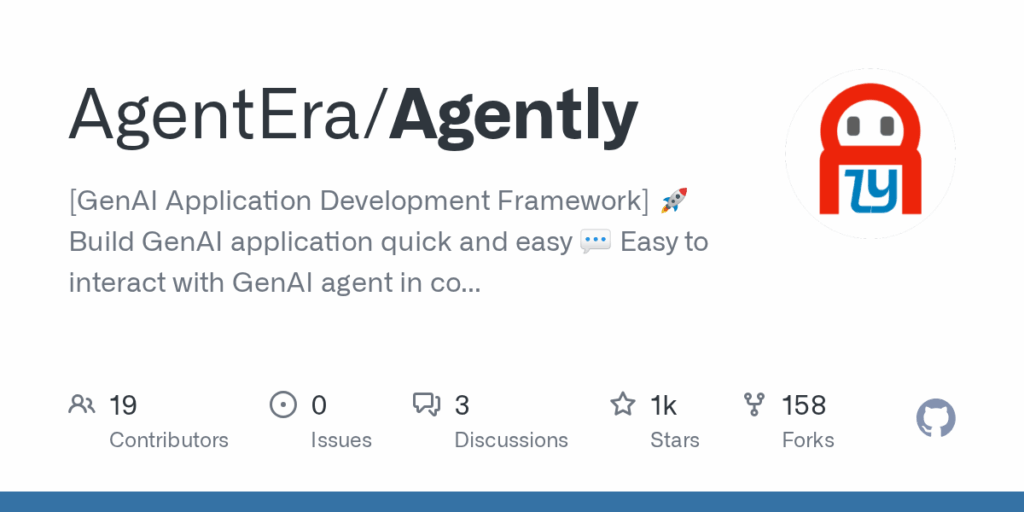Agently
Basic Information
Agently is a Python framework designed to speed up GenAI application development by providing developer-focused runtime control of large language model outputs. The repository contains the Agently library (v4.0.0b2 at the time of the README) with installation instructions for pip and editable local installs. It exposes a concise API pattern for creating agents, declaring inputs, tool capabilities, and structured output schemas so applications can parse and stream model responses reliably. Agently abstracts away low-level differences in model parameters and output formatting while enabling engineers to retain full control over business logic and system integration. The README includes examples demonstrating agent creation, tool definitions, response consumption, streaming deltas, and instant parsing modes. The project emphasizes developer experience and provides multi-language documentation pointers and community channels recorded in the README.








